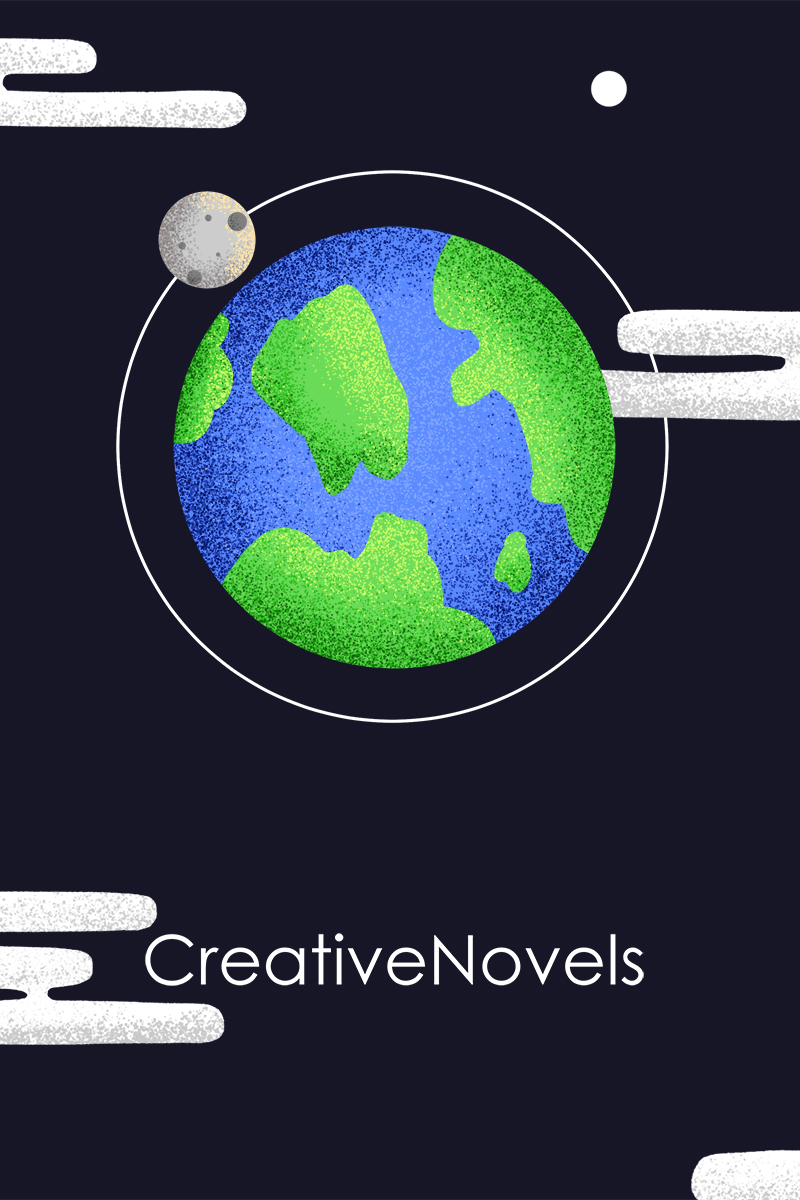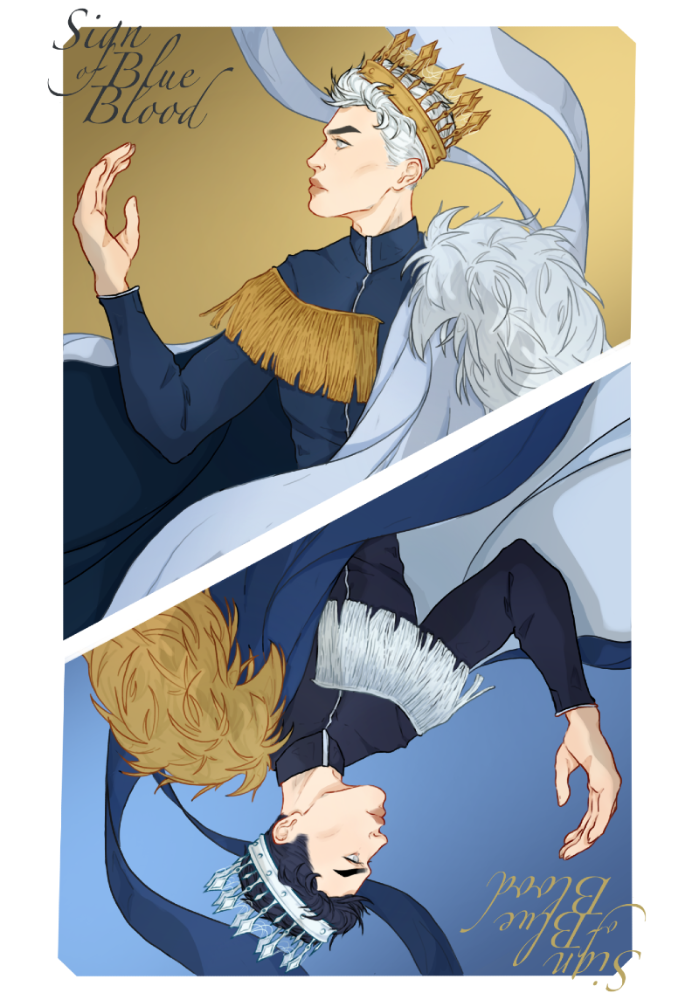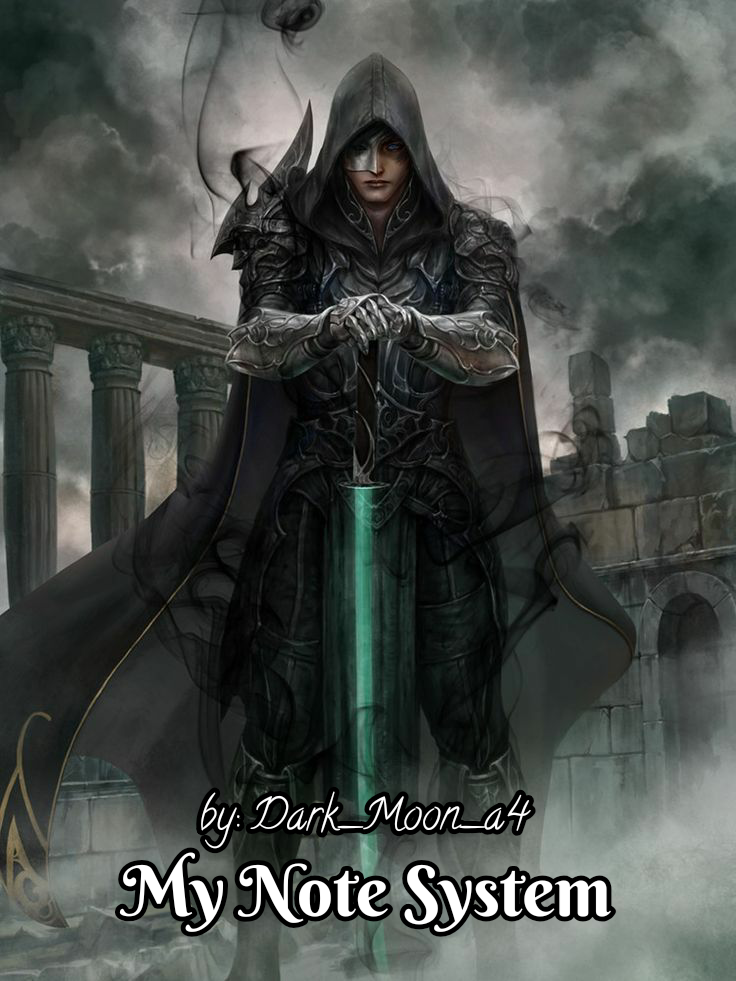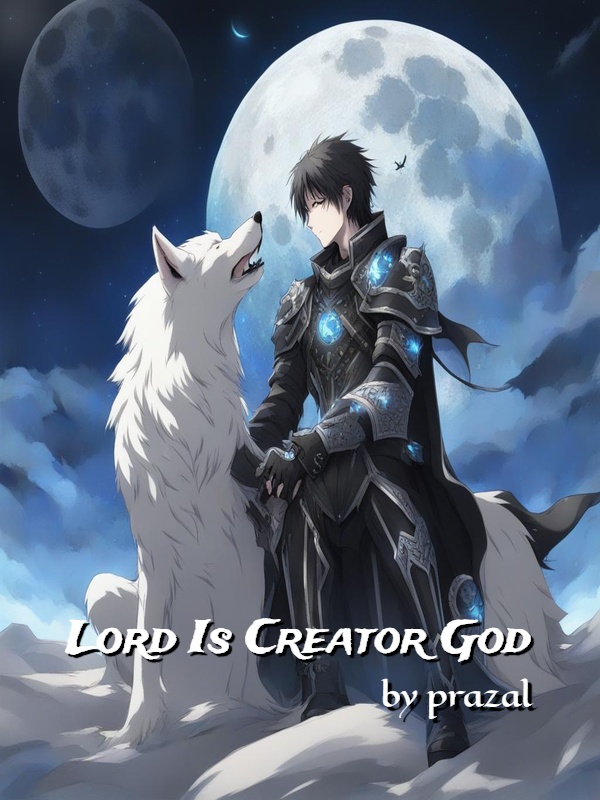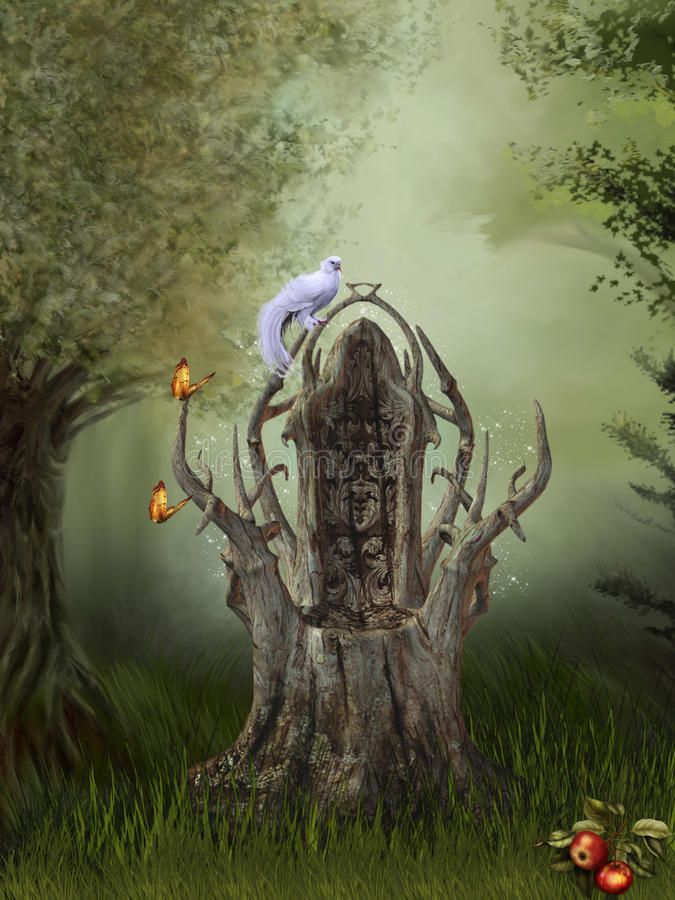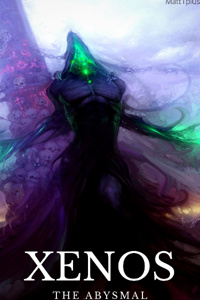The sky was richly colored in orange and pink. Its lavender clouds drifted eastward, far above tall pines and dark-green firs. In the breaks of the forest, where the trees were short and the mountain was steep, one could see the ocean horizon, marked by the white-cap waves of rough seas. A cool breeze brushed Zenos and fluttered the campsite fire. Its logs to popped loudly amidst the evening song of gentle birds, and the quiet tune of solemn dwarfs.
There was a hot pan and a steel pot on the grill. One was filled with a brown-colored stew, its chunks of meat and vegetable highlighted by the red specks of exotic spices. The other was covered by a lid and whistled with steam. Zenos watched Mad stir the pan while he warmed both hands on a tin cup of hot water.
“It looks like stew,” Zenos said from his stump by the fire.
Mad wagged his finger and smiled. “Let the water boil off,” he said. “Then you’ll see. It’s an old recipe from the homeland.”
“From the Khetarra?”
There were gaps in Zenos’ memory. He could recall entering the cave and talking with Mad, and the face of that creature he certainly fought, but little else between then and his gasping on the shore. Whether that memory was important or not, Zenos tried to put it in the back of his mind, and enjoy a day ended well.
Mad looked at him. “Khetarras,” he said. “There are several in the middle east and upper north east regions of Enora—the mainland. The Echokhet are nomadic or tucked away on Atilonian reservations. Those still free make long migrations on horseback and at their journey’s end, they feast in their Krets, their largest tents. This dish is something you’d see there, but in a bigger pan, and crowded by people. They scoop the rice with their hands and dip it in the sauce, or squish into little bowls that they fill with curry.”
Zenos made a shallow frown and Mad chuckled.
“Don’t worry, you can use a spoon.”
“Do you miss it?” he asked.
Mad appear to pause and cast thoughtful eyes at his bubbling pan. He shook his head. “I don’t have the right to say I miss it,” he said. “Necromancy doesn’t come by accident and the children are taught to avoid it. I chose this path. I am the one that struck my name in the ink.”
Zenos nodded.
“That cavern,” Mad said. “Dungeons are, almost always, beneath the ground. They bubble with black water and over time it erodes soft stone and soil. Those places, often hidden far beneath the surface, poison the water table.”
Zenos looked at the birds nestled on the branches of nearby trees. “Yet I see wildlife all around,” he said.
“It’s a poison that targets humans,” he said. “The none-magical, specifically. The Atilonians call it the Wasting. It’s a fatigue of sorts, where you lose the desire to eat, drink, or move. The victims frequently die from paralysis, or thirst, and those lucky enough to find treatment will die emaciated. There is no cure.
“The guild is responsible for locating and containing the water. Necromancers, because of their connection to the water, are an important part of that process.”
“Is that why you left your homeland?” Zenos asked.
The pan of curry bubbled.
“To do good?” Mad wondered aloud. He made a slight smile. “No, I wasn’t so selfless then, I was still a kid. I left because I wanted to fight. I think most children have that dream, of taking a sword to the Atilonians, and charging at the head of an army of Echokhetan ghosts. We may never reclaim the northern territory and especially our birthplace in the Chotokhetzam, but those were the things I thought of when I rode out from my Khetarra. Seven days in the sun on the hot savannah, six nights in the cold, when the frost bit the tall grass and predators prowled the dark. I was thirsty, and hungry, but I filled myself on those dreams: War and vengeance.”
“I did the same,” said Zenos. “War and vengeance. You say Adohas has its troubles, and I can see your sincerity in that, but my world was doubly so. It had more than its fair share of war; more tragedy, and vengeance than anyone should bear. I made the decision to fight when I was young. I wanted to change that world.”
“Then you know how it feels,” Mad said. “But we make our peace with reality eventually. Many things can’t be changed, especially by one person. Not without upheaving everything and the peace people live by.”
Have I made that peace? Zenos wondered, stared at his pale reflection in his water tin. Peace with what could not be changed.
“Anyway, that’s how I found the cave,” Mad said, turned the subject to the present matter. “I have known about it for a month, and it’s a recent one. It must have appeared after my last sweep four months ago. That forest inside… there are always bizarre growths, but it’s the largest I’ve seen. On its own the black water is a poison to the mundane—the ordinary—but in large quantities it warps the boundaries that separate the living and dead.”
“The echo of dead worlds,” Zenos muttered.
“Do you think your world is in there?” Mad asked.
He shook his head. “I don’t know.”
“The Echokhet believe that there is only ever one world, but that we stand at the end of a long chain. That there was a world before ours, and a world before that one, and that after our turn, a new world will be born.”
The Cycle, Zenos thought.
“The black water is sacred in a sense,” Mad continued. “As sacred as a curse can be. My elders once said it was the blood of the last world.” He shrugged. “There’s some truth to that. Only Khet knows for sure.”
“Whatever you did there, it turned your eyes black,” Zenos said.
Mad frowned and glanced at his curry. “Yes,” he said. “I reached for something I shouldn’t have.”
“Power?”
“More power,” Mad said. “Isn’t that what complicates men?”
“Greed complicates us all,” Zenos said.
“But not the gods,” Mad added, stirred his pan. “The gods can take whatever they like and no one calls them greedy.”
Zenos nodded.
“I can only abide by Khet’s decision,” Mad said. “But I don’t feel blessed for the encounter. It wasn’t wondrous, or awe inspiring. I met with a mother of fathomless mana, who would not spare a drop for the sake of her son. I could have died, you know. A little less skilled, a little less lucky, and I could have been lost in the black ocean. She wasn’t happy to see me. She didn’t even say goodbye.”
“I am not what she’s waiting for,” Zenos remembered what Mad said at the edge of the lake.
“You could tell what she was feeling?” he asked.
“Sadness,” Mad said. “Loneliness, I think. Excitement, and then… disappointment. That was me.”
Zenos leaned back over his stump, took a sip from his warm cup. “What do we do now?”
Mad wiped his eyes with his thumb and summoned a smile from some deep reserve of happiness. “We eat,” he said. “At the end of a perilous journey, over desert, savannah, and steppe, on the old path marked by stones and sacred graves, we eat. Tonight, it’s in the fashion of my people.”
He prepared a bowl. A dense pile of sticky white rice and two ladles full of a curry of stewed meat, vegetables, and Echokhetan spices. Zenos went at it with a large spoon. It was hot in the mouth and throat, spicy enough to clear his sinuses and dribble snot down his nose. But it was delicious.
Two servings down and it was nightfall, when the stars peeked through the waning light. The fire crackled. The pan was nearly empty.
“Thank you, by the way,” Mad said.
“Hm?” Zenos looked up from his third bowl. A piece of rice was stuck to his cheek.
Mad smiled at the empty pot, stared through it with those distant eyes. “I found something in the black ocean, after Khet rejected me. It made me an offer—an exchange—that would give me the power I wanted. I think I would have taken it, if you hadn’t turned up.”
The creature, Zenos thought.
“But looking back on it,” he continued, “it was probably a deal I would regret.”
Zenos cleared his face. “I’m going to help you,” he said and set his bowl in his lap. “So, don’t go making deals with strange creatures. I don’t care if you’re not mithril or adamantine, or whatever rank you say you have to be.”
Mad looked at him.
“This dungeon break that’s coming,” Zenos said. “We’ll definitely stop it.”



